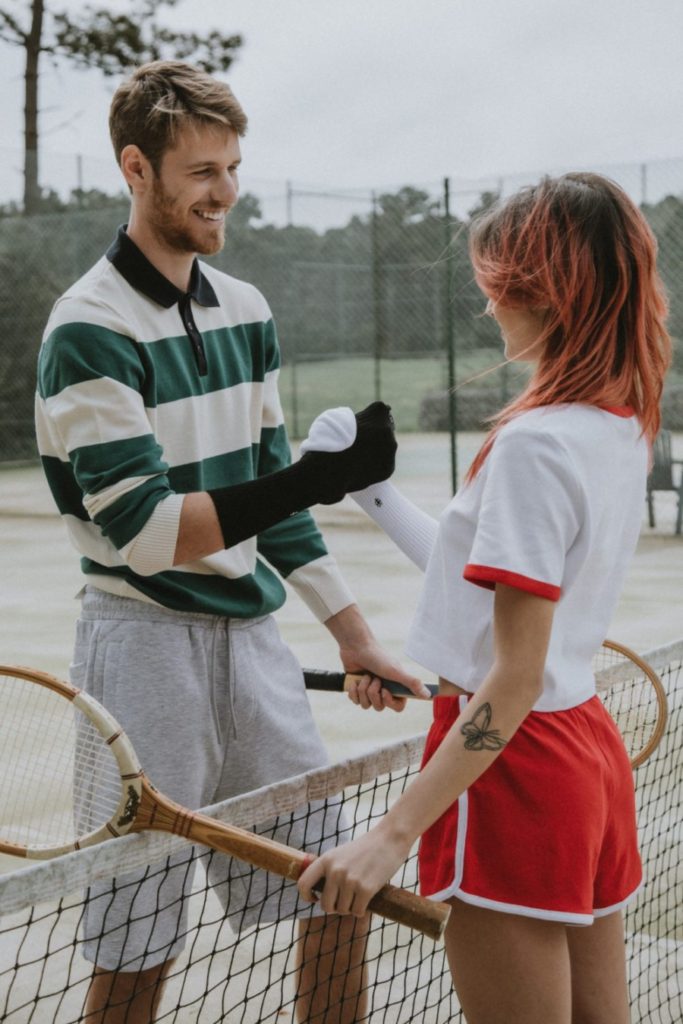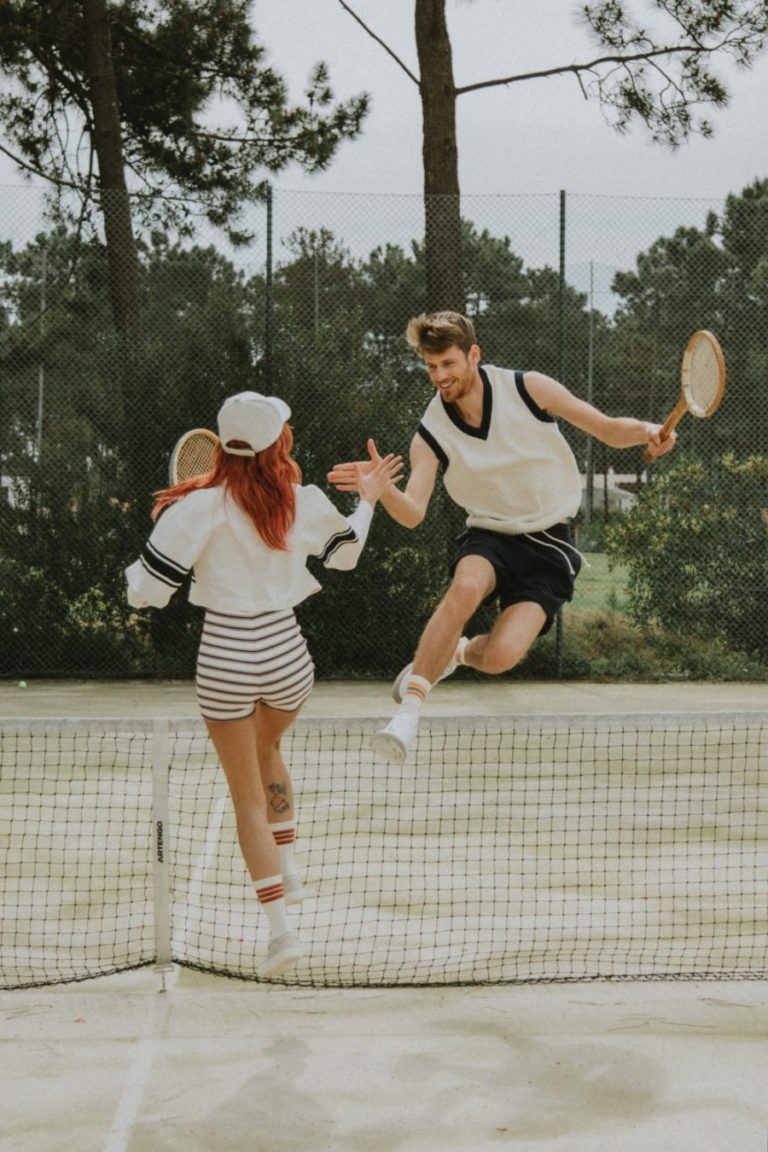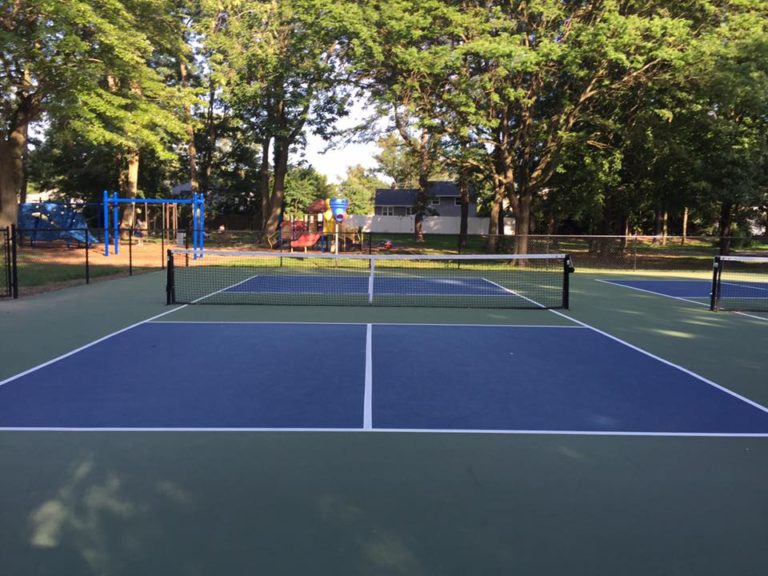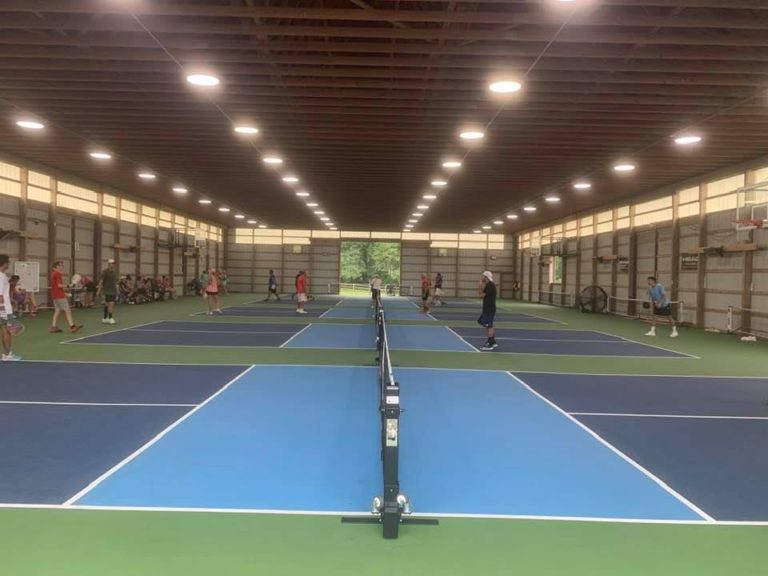One of the key aspects of pickleball is sportsmanship. In this article, we’ll discuss what it means to exhibit pickleball sportsmanship and how to do so both on and off the court.
What is Pickleball Sportsmanship?
Pickleball sportsmanship refers to the act of playing the game of pickleball with respect, fairness, and integrity. It means treating your opponents, partners, and officials with dignity and courtesy. Pickleball sportsmanship also involves following the rules of the game, accepting the outcome of each point, and controlling your emotions on the court.
Why is Pickleball Sportsmanship Important?
Good sportsmanship is important in all sports, and pickleball is no exception. Pickleball sportsmanship fosters a positive and inclusive environment for all players, regardless of their skill level. It helps to build relationships with other players and creates a sense of camaraderie on the court. Pickleball sportsmanship also sets a good example for younger players and helps to promote the game of pickleball as a sport that values fairness, respect, and integrity. Most importantly, it increases the chances of everyone enjoying themselves on the court by multiples.
hOW TO eXHIBIT pICKLEBALL sPORTSMANSHIP
ON THE COURT:
Follow the rules of the game: Know the rules of pickleball and abide by them at all times. This includes calling the ball in or out, avoiding foot faults, and waiting for the serve.
Control your emotions: Avoid getting angry or frustrated when you make mistakes or lose a point. Instead, focus on the next point and play your best.
If you’re not sure about a ball being in or out, don’t call it out!
Show respect to your opponents: Shake hands (or slap paddles) before and after the game, and avoid trash-talking or gloating.
Avoid cheating: Don’t make false calls or engage in any other behavior that could be seen as cheating. If you’re not sure about a ball being in or out, it’s IN!
Help other players: Offer tips or advice to other players if they ask for it (and ONLY WHEN THEY ASK FOR IT), and be willing to help them retrieve balls that go out of bounds.
OFF THE COURT:
Be gracious in victory and defeat: Congratulate your opponents on a good game, whether you win or lose.
Clean up after yourself: Pick up your own trash and equipment after the game.
Stay positive: Avoid negative or critical comments about other players or the game itself.
Support your teammates: Encourage and support your teammates, even when they make mistakes.
Examples of Good Pickleball Sportsmanship
Apologizing for making a mistake or calling a ball incorrectly. If you accidentally call a ball out, then realize it was actually in. Speak up, let everyone know you made a mistake. It’s okay and everyone does it!
Helping a new player learn the rules or techniques of the game. If someone is new and needs help, offer your help.
Congratulating opponents on a well-played point or game
Offering water or snacks to other players during a break
Examples of Bad Pickleball Sportsmanship
Using foul language or making derogatory remarks towards opponents or officials.
Constantly giving unwanted advice.
Intentionally hitting the ball at an opponent with excessive force or in an unsafe manner.
Refusing to shake hands or acknowledge opponents after a game.
Arguing with officials or opponents over calls or decisions.
Deliberately distracting or interfering with an opponent’s play.
Failing to follow the rules of the game or engaging in unsportsmanlike conduct such as cheating.
Excessively celebrating or taunting opponents after winning a point or game.
Slamming or throwing equipment in frustration or anger.
These types of behaviors not only violate the spirit of the game but can also create a negative and hostile environment for all players. It’s important to remember that pickleball sportsmanship involves treating opponents, officials, and the game itself with respect, fairness, and integrity.
FAQ's About Pickleball Sportsmanship
Q: What should I do if my opponent is not exhibiting good sportsmanship?
A: Stay calm and focus on your own behavior. Avoid engaging in any behavior that could escalate the situation. If necessary, you can speak to a referee or tournament official for assistance.
Q: How can I improve my Pickleball sportsmanship?
A: Focus on the fundamentals of good sportsmanship, such as showing respect to your opponents, following the rules of the game, and controlling your emotions. You can also seek feedback from other players or coaches to identify areas for improvement.
Q: Is it okay to challenge a call made by an official or opponent?
A: In most cases, it’s best to accept the call and move on. However, if you believe that a call was made incorrectly, you can ask for clarification from the official or opponent in a respectful manner. You can also ask to replay the point if everyone agrees.
Q: How can I promote Pickleball sportsmanship in my local community? A: Encourage others to exhibit good sportsmanship both on and off the court. You can also organize events or tournaments that emphasize pickleball sportsmanship and recognize players who demonstrate these qualities.
Conclusion
Pickleball sportsmanship is an essential component of the game of pickleball. It involves exhibiting respect, fairness, and integrity both on and off the court. By following the tips and examples outlined in this guide, you can improve your own pickleball sportsmanship and help to create a positive and inclusive environment for all players. Remember, good sportsmanship not only makes the game more enjoyable, but it also helps to promote the game of pickleball as a sport that values fairness, respect, and integrity.





